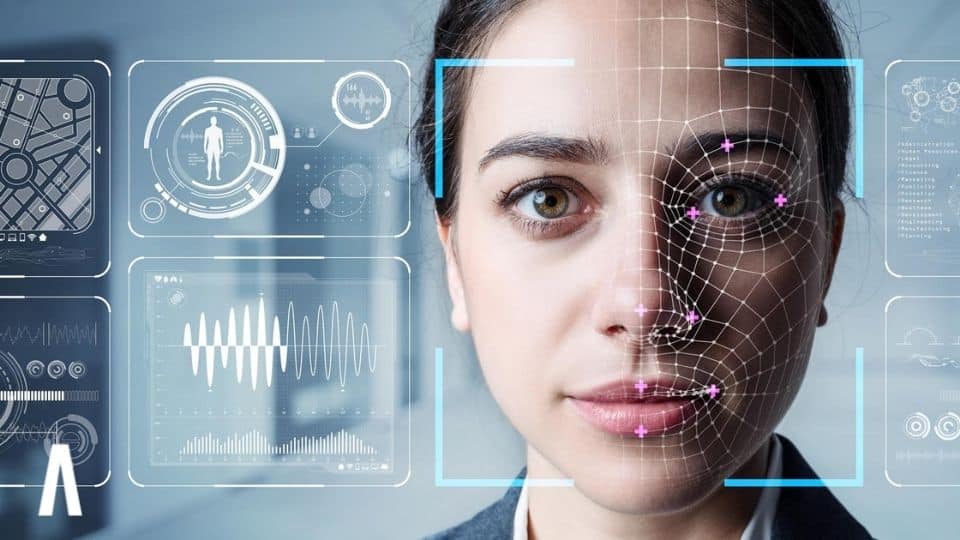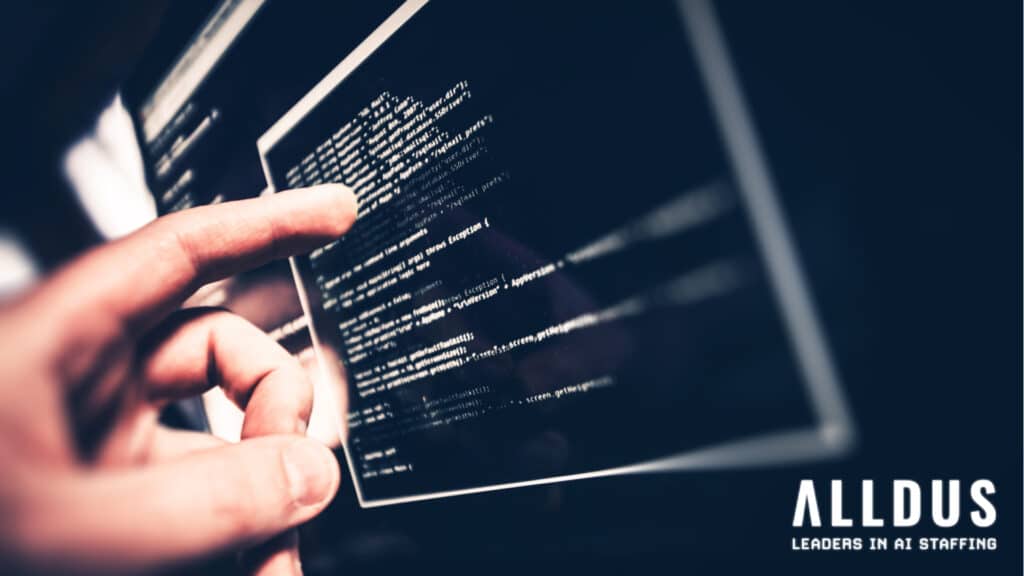5 ways Computer Vision is impacting the Healthcare sector
Blog | February 16 2023 | Alldus Recruitment
Computer vision has immense potential in the healthcare sector, ranging from improved patient diagnosis and treatment to enhanced operational efficiency.
It is capable of analyzing large volumes of medical images, such as X-rays and MRIs, to identify patterns and anomalies that may not be visible to the human eye. It can also detect changes in images over time, allowing for early detection of diseases and more effective treatment planning.
There is many ways that Computer Vision can impact the healthcare industry but here are some examples how this technology is disrupting the sector for the better:
1. Medical Imaging
One of the most significant applications of computer vision in healthcare is in the area of medical imaging. Computer vision algorithms can be trained to recognize specific features in images, such as tumors or other abnormalities, and can assist healthcare providers in identifying potential health issues earlier. This can lead to quicker and more effective treatment, as well as more accurate diagnoses.
Michal Sofka, Deep Learning Team Lead at Hyperfine discussed this topic during an episode of our AI in Action podcast series, as he gave us an insight into how medical imaging is helping enhance their portable MRI device for imaging of the brain to detect injury and provide better treatment for patients.
2. Surgical Assistance
Another use case for computer vision is to assist surgeons in various ways, from providing guidance during surgery to detecting potential issues before they arise. For example, computer vision can help identify cancerous tissue during surgery, reducing the risk of leaving cancerous tissue behind. Additionally, it can provide real-time feedback to the surgeon, assisting them in performing procedures with greater accuracy.
3. Disease Detection and prevention
It can also help in the early detection and prevention of diseases. For example, it can analyze retinal images to detect early signs of diabetic retinopathy, a condition that can lead to blindness. Computer vision can also be used to track the spread of diseases by analyzing social media data, satellite imagery and other sources of information.
An example from a previous AI in Action podcast saw Dennis Wall, Founder at Cognoa discuss the role of ML and Computer Vision in achieving their mission at Cognoa, who are developing digital diagnostics and therapeutics to enable the earlier diagnosis and treatment of behavioral health conditions such as autism.
4. Medical research
Computer vision can assist medical researchers in analyzing large datasets of medical images, identifying patterns and correlations that may not be apparent to the human eye. This can lead to new insights and discoveries in the field of medicine, ultimately leading to better patient outcomes.
5. Patient Monitoring
It can also be used to monitor patient health and detect changes in their conditions. For example, it can analyze video feeds from cameras in patient rooms to detect signs of distress or other warning signs. This can help healthcare providers to identify patients who may require immediate attention and to respond more quickly to their needs.
In a previous episode of AI in Action, Adam Gotlin, Head of Business Analytics at Kaia Health discussed how they are using Computer Vision to help treatments for a range of disorders including musculoskeletal conditions and COPD, allowing patients to take control and self-manage their condition with effective, non-pharmacological, digital alternatives at low costs.
Computer Vision has the potential to revolutionize healthcare by providing more accurate diagnoses, improving patient outcomes and enhancing operational efficiency to name a few. While there are challenges to be addressed, the benefits are clear and it is expected to play an increasingly vital role in the healthcare industry for years to come.
share
related articles
Women in AI: Bridging the Gap
Despite huge advancements in AI research, the field still lags in another key area of societal progress, gender equality. With women accounting for just 22% of professionals in the field, we examine the steps needed to address this inequality and how it would also benefit the technologies themselves
Why SQL is the base knowledge for data science
As a programming language, It's a simple skill to learn, but a very valuable one. A walk in the park compared to Python or R.
Why NLP is the future of E-Commerce
There are great benefits to using NLP in eCommerce. The world of business would be greatly benefited from in-depth insights that are controlled by AI. It will help in increasing customer satisfaction rates, improve the revenue curve & ultimately transform the future of business operations.




